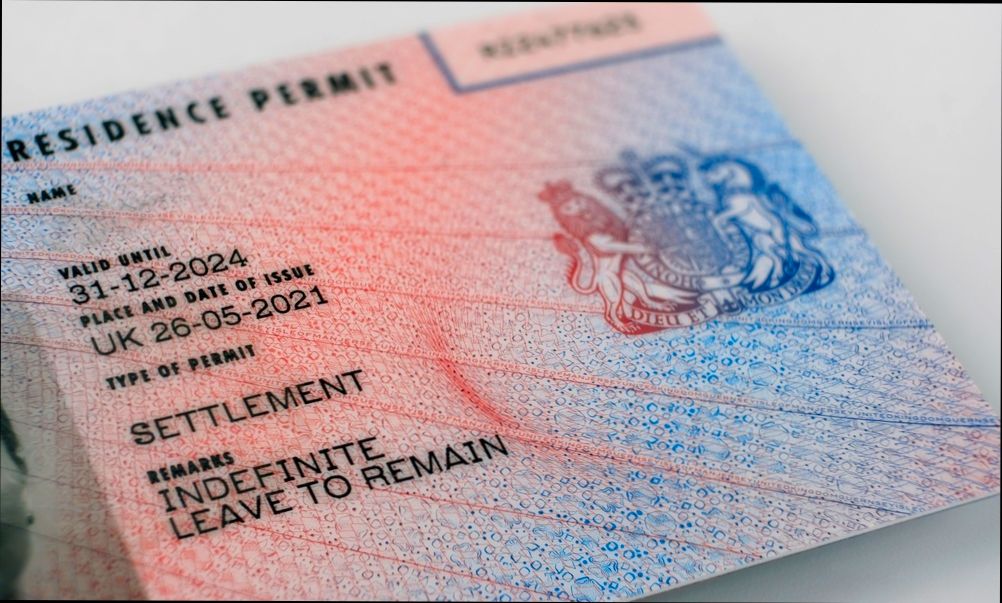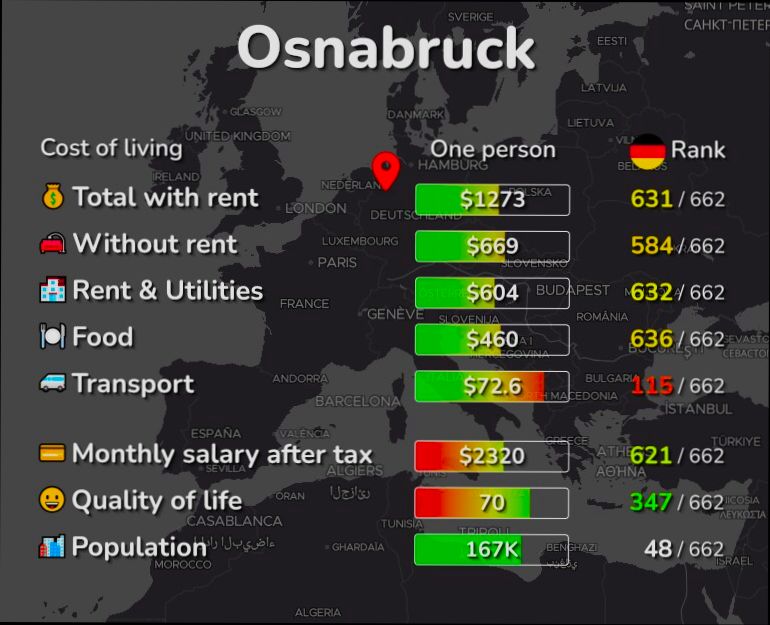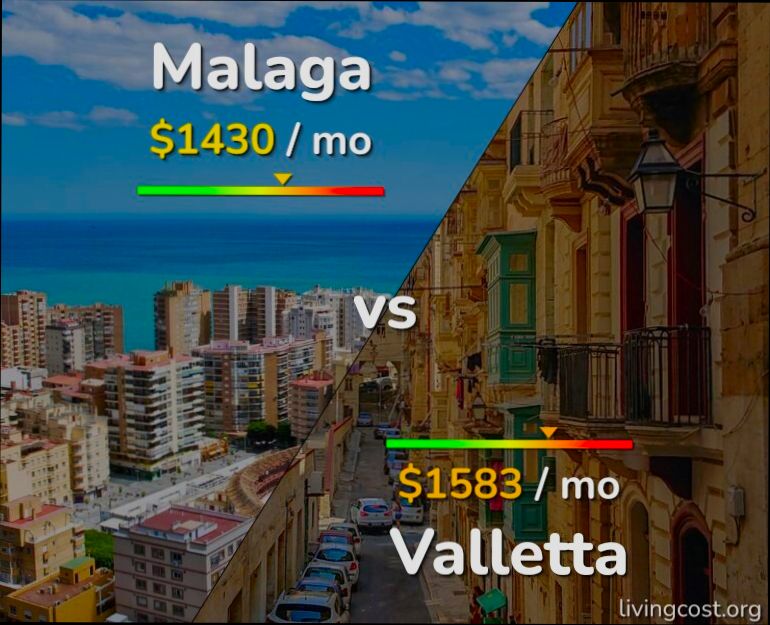What is a Residence Permit and How to Get It? Picture this: you’re dreaming of living in Europe, enjoying café-hopping in Paris or lounging on the beaches of Barcelona. To make that dream a reality, you’ll need a residence permit. This officially allows you to stay in a country for an extended period, whether it’s for work, study, or simply to explore all that a new culture has to offer. For instance, countries like Germany and the Netherlands offer residence permits with specific criteria like job offers or enrollment in a university, while places like Portugal have their Golden Visa for investors, requiring a significant financial commitment but opening doors for years ahead.
The process of obtaining a residence permit can feel overwhelming, but it’s not insurmountable. Let’s say you’re eyeing the United Kingdom; if you’re not a citizen of an EU country, you might apply for a Skilled Worker visa, which involves sponsorship from a UK employer and proof of your qualifications. On the flip side, if you’re a student looking at Canada, you’ll need to show acceptance from a recognized institution and demonstrate that you can support yourself financially while you study. Each country has its own rules and paperwork—some require proof of health insurance; others might ask for language proficiency tests—making it crucial to understand the specific requirements.
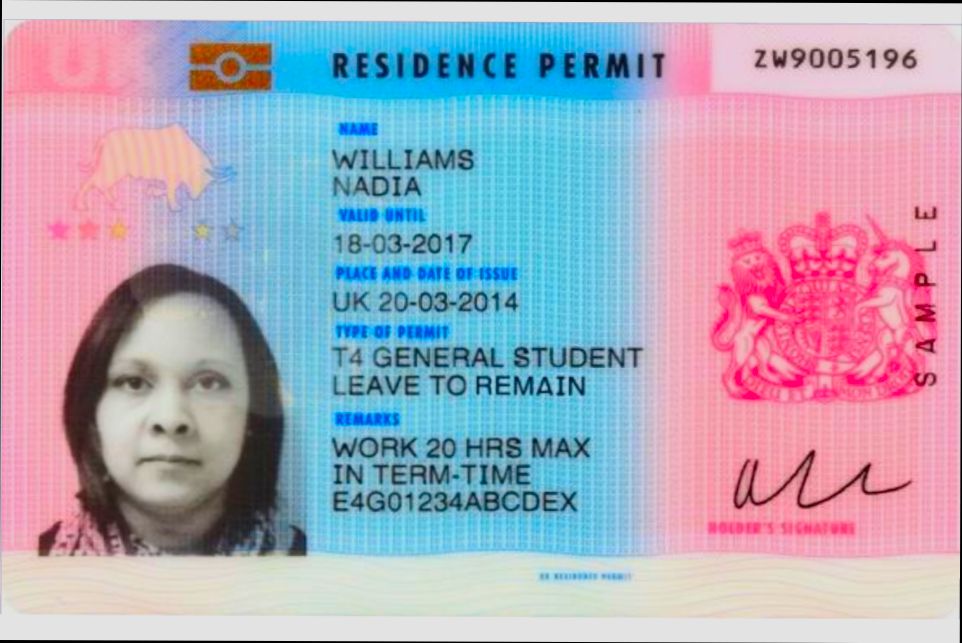
Understanding the Legal Framework of Residence Permits
Understanding the legal framework of residence permits is crucial for ensuring compliance with immigration laws. Each country has specific regulations, categories, and processes governing residence permits, which are designed to control the entry and stay of foreign nationals.
Key Regulatory Aspects
When considering a residence permit, it’s essential to be aware of these key regulatory aspects:
- Categories of Residence Permits: Many countries classify residence permits into various categories, such as work, study, family reunification, and humanitarian grounds. For instance, over 45% of residence permits in Europe are granted for work purposes.
- Application Process: The application process can vary significantly. For example, in Germany, applicants must submit their request at least two months before their current visa expires, while in Australia, the processing time for skilled worker permits averages around six months.
- Legal Rights: Holding a residence permit often grants certain legal rights, such as access to healthcare, education, and employment. A survey revealed that about 72% of permit holders were aware of their rights, but only 30% could effectively navigate them.
Comparative Overview
| Country | Major Categories | Processing Time | Rights Granted |
|---|---|---|---|
| Germany | Work, Study, Family | 2 months | Healthcare, Education |
| Australia | Work, Skilled Migration | 6 months | Employment, Social Security |
| Canada | Family, Economic, Refugee | 3-8 months | Healthcare, Work Rights |
| France | Student, Talent Passport | 4-6 months | Employment, Social Benefits |
Real-World Case Studies
1. Germany:
A software engineer from India applied for a work residence permit. Due to his qualifications, he qualified under Germany’s skilled migration scheme, resulting in a faster processing period of about three months compared to the usual average.
2. Australia:
An international student extended their student residence permit after transitioning to a post-study work visa. This adjustment allowed them to gain vital work experience, highlighting the flexibility in Australia’s framework for residence permits.
3. Canada:
A family from Syria sought asylum in Canada and received a humanitarian residence permit within four months, demonstrating the country’s commitment to providing refuge through its legal framework.
Practical Implications for Your Application
- Research Requirements: Take the time to review specific requirements for the residence permit category relevant to you. This includes deadlines, necessary documentation, and any legal stipulations you need to adhere to.
- Stay Informed: Regulations frequently change. Keeping yourself updated through official immigration websites or local legal experts will enhance your understanding and compliance.
- Document Preparedness: Gather your documentation early. Many applicants face delays due to incomplete paperwork, so having everything ready can streamline your application process.
When navigating the legal framework of residence permits, understanding specific country regulations, categories, and processes is vital. For example, knowing that Germany requires permit applications to be submitted two months prior can prevent unnecessary complications. Stay proactive and informed to ease your journey toward obtaining a residence permit.
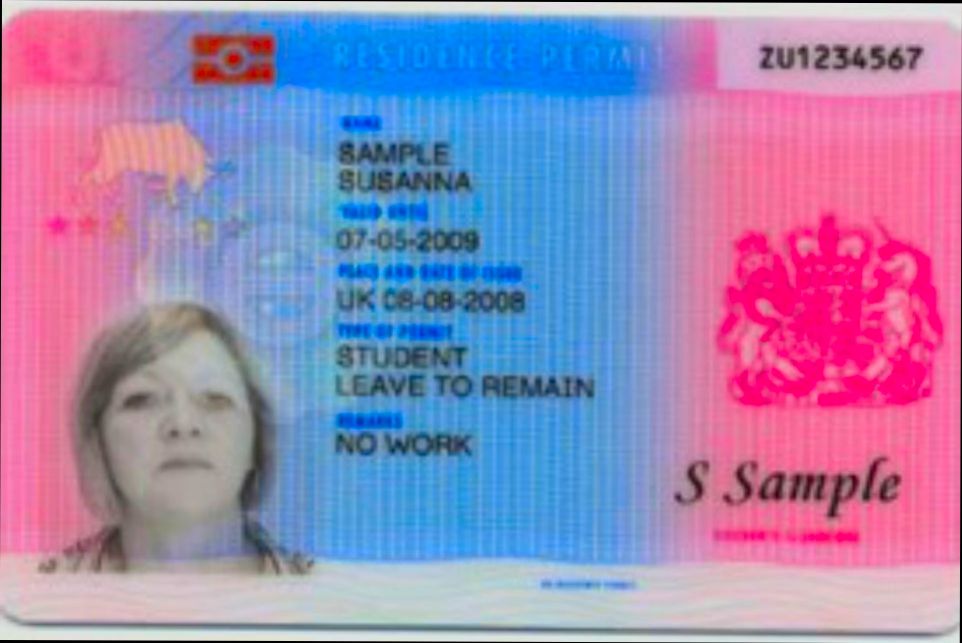
Key Requirements for Obtaining a Residence Permit
When it comes to obtaining a residence permit, understanding the key requirements is crucial. This section highlights the essential criteria you must meet to successfully secure a permit for residence and work in various countries, particularly in the EU context.
Essential Documentation
To apply for a residence permit, specific documents are typically required. Here are some of the core components you need to prepare:
- Valid Passport: Your passport must be valid for at least six months beyond your intended stay.
- Proof of Financial Means: You must demonstrate that you can support yourself financially. This could include bank statements or a letter from a sponsor.
- Accommodation Evidence: Provide details about where you will be living during your stay; this can be a rental agreement or an invitation letter from someone residing in the host country.
- Health Insurance: Comprehensive health insurance that covers you and your family for the duration of your stay is often a requirement.
Employment Contract or Offer (for Work Permits)
If you are applying for a work-related residence permit, having a valid employment contract or job offer is essential. This must typically be for a position that meets the qualifications specified by local labor laws. For instance:
- When applying for an EU Blue Card—issued predominantly in Germany, with 69,353 issued in 2023—you’ll need a job offer with a minimum salary threshold, which is often around 1.5 times the average salary in the host country.
Academic and Professional Requirements
For students and professionals looking to reside for educational purposes, the following must be considered:
- Enrollment Proof: If you are a student, provide proof of enrollment in an accredited institution.
- Recognition of Qualifications: Some countries require non-EU citizens to have their qualifications recognized before being granted a residence permit.
Temporary vs. Permanent Residence Permits
Understanding whether you’re applying for a temporary or permanent residence permit influences the requirements. A temporary permit often requires:
- Proof of employment or study for a limited duration.
In contrast, for a permanent permit, such as those issued under the Single Permit Directive, expectations include:
- Long-term integration proof: This might include proof of continuous residence or participation in community activities.
Comparative Table of Residence Permit Requirements
| Requirement | Temporary Residence Permit | Permanent Residence Permit |
|---|---|---|
| Valid Passport | Yes | Yes |
| Financial Means | Yes | Yes |
| Employment Contract | Yes (if applicable) | Yes (if applicable) |
| Health Insurance | Yes | Yes |
| Language Proficiency | Often required | Might be required |
Real-World Examples
In 2023, France issued 961,041 single permits, showcasing the nation’s approach to granting residence. Applicants often need to demonstrate their ability to integrate into French society, including proficiency in the French language and cultural knowledge.
Germany’s issuance of EU Blue Cards highlights the necessity for highly skilled workers to provide specific documents such as evidence of employment and qualifications, with a focus on sectors experiencing labor shortages.
Practical Implications for Applicants
Understanding these requirements can streamline your application process. Here are actionable steps you can take:
- Start gathering necessary documents well in advance of your planned application date.
- Consult the official immigration website of the country you’re applying to, as requirements can differ significantly.
- Consider reaching out to others who have successfully obtained residence permits for insights and tips.
When preparing your application, ensure that every document meets the specified criteria, as incomplete applications often lead to delays or rejections. Remember, thorough preparation is key to a successful application!
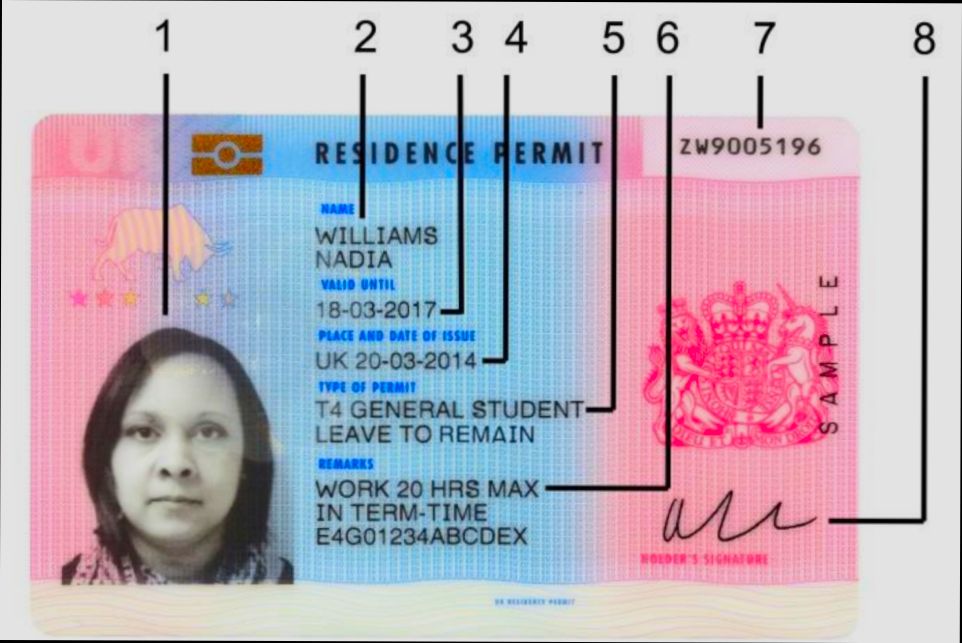
Real-World Examples of Residence Permit Holders
When you think about the diverse reasons people hold residence permits, it’s fascinating to see how different life circumstances shape their journeys. Whether for education, work, family, or investment, each residence permit holder has a unique story that highlights the opportunities and challenges associated with their relocation.
Key Categories and Relevant Examples
People obtain residence permits for various reasons, each providing insight into their motivations:
- Students: Many foreign students seek residence permits to study at international universities. In 2022, for instance, nearly 5 million students worldwide applied for residence permits, reflecting the increasing value of global education.
- Skilled Professionals: Countries like Canada or Australia embrace skilled immigrants, with nearly 60% of residence permits issued under work-related schemes. These countries prioritize professionals whose skills align with their economic needs.
- Family Reunification: In many countries, family reunification accounts for a large percentage of residence permits. For example, the U.S. issued approximately 70% of its residence permits based on family connections in 2020, allowing citizens and existing residents to reunite with loved ones.
- Asylum Seekers: Amid geopolitical instability, numerous individuals seek refuge. In 2021 alone, over 26,000 refugees were granted residence permits in Germany, illustrating the country’s commitment to providing safety for those in crisis.
| Person | Reason for Residence Permit | Notable Statistics |
|---|---|---|
| Students | Higher education enrollment | 5 million applications worldwide (2022) |
| Skilled professionals | Filling job market gaps | 60% of permits in Canada & Australia |
| Family | Reuniting with relatives | 70% of U.S. permits for family reunification |
| Asylum seekers | Seeking safety & protection | 26,000 refugees granted permits in Germany |
Real-World Case Studies
1. Maria, the International Student: Maria, a 23-year-old from Brazil, received a residence permit to study in Canada. Aside from accessing top-tier education, her status allowed her to work part-time, helping her manage living expenses while gaining valuable international experience.
2. James, the Skilled Worker: A seasoned IT professional from India, James received a residence permit to work in Australia after obtaining a job offer. His skills fit a critical shortage in the tech industry, and he quickly adapted to life down under while contributing to important projects in his field.
3. Nina and her Family: Nina, a U.S. citizen, successfully sponsored her parents for residence permits, enabling them to move from the Philippines. Their reunion not only strengthened family bonds but also allowed them access to healthcare and social support, which they had not enjoyed for many years.
4. Ahmed, the Asylum Seeker: Ahmed fled his war-torn country and sought asylum in the UK. After an extensive process, he was granted a residence permit enabling him to build a new life in a safe environment while pursuing work opportunities in his field of expertise.
Practical Implications for Readers
Understanding the diverse paths of residence permit holders can be beneficial for anyone considering applying for one. Here’s how you can leverage these examples:
- Research your options: Based on your situation—be it education, work, family, or safety—explore the specific requirements and opportunities available in your desired country.
- Build a compelling case: If you’re a skilled professional or an investor, highlight your skills or business plans that fill local market gaps to improve your chances of obtaining a residence permit.
- Consider the impacts of family dynamics: For those looking into family reunification, understand the legal process and gather necessary documentation to facilitate a smoother approval journey.
- Stay informed on humanitarian avenues: For individuals in crisis, learn about available refugee and asylum programs, which can provide crucial support during difficult times.
In each case, residence permits aren’t just documents; they represent new beginnings and opportunities. By considering these real-world examples and practical implications, you can navigate the complex landscape of residence permits more effectively.
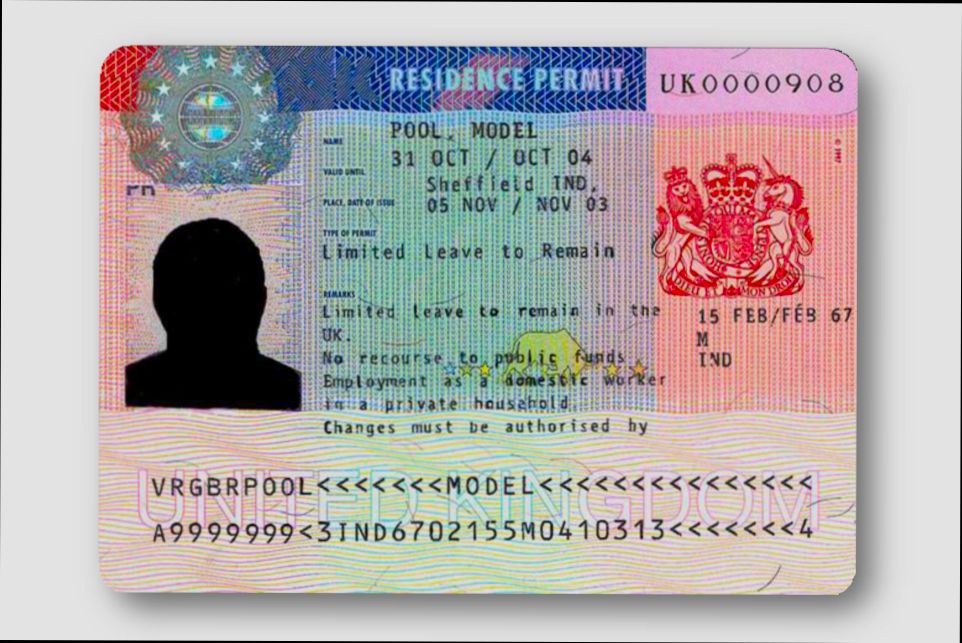
Advantages of Having a Residence Permit
Obtaining a residence permit can open numerous doors for you, significantly enhancing your quality of life in a new country. From job opportunities to social benefits, the advantages are substantial and can contribute to a fulfilling experience abroad.
Employment Opportunities
One of the most significant advantages of having a residence permit is access to employment. For instance, individuals holding H-1B or H-2B visas can work legally in the United States, allowing them to earn a livelihood and make valuable contributions to the economy. According to the H-2B Employer Data Hub, employers benefit as well, enhancing their workforce’s diversity and skill sets.
- Enhanced Job Security: Possessing a residence permit provides legal assurance regarding your ability to work. You won’t have to worry about an employer’s ability to secure your visa.
- Increased Earning Potential: Data indicates that nonimmigrant workers often earn higher wages than their undocumented counterparts. In fact, based on USCIS reports, around 72% of H-1B visa holders receive salaries significantly above the median wage for their job categories.
Access to Social Benefits
Residence permits often provide access to social services and programs that enhance your quality of life.
- Healthcare Access: Many countries extend healthcare benefits to residents. For example, lawful permanent residents (LPRs) in the U.S. can access Medicaid and other health services, improving their overall well-being.
- Education Opportunities: Residents often have access to public education systems, scholarships, and various educational programs that are not available to temporary visa holders.
| Benefit | Non-Permit Holders | Residence Permit Holders |
|---|---|---|
| Employment Rights | Limited | Extensive |
| Healthcare | None/limited | Full Access |
| Education Access | Restricted | Full Access |
| Potential for Naturalization | Difficult | Easier |
Pathway to Citizenship
Having a residence permit can be a stepping stone toward permanent residency and even citizenship. The Eligible to Naturalize Dashboard reveals that many lawful permanent residents become citizens within five years of obtaining their residence permit.
Real-World Examples
Consider Maria, an H-1B visa holder who leveraged her residence permit to secure a higher-paying job in tech. After three years, Maria had the opportunity to apply for permanent residency, leading her to pursue citizenship. Similarly, John, an H-2A worker, benefitted from his residence status, allowing him stability and the ability to build a life with his family in the U.S.
Practical Implications for Readers
If you are considering applying for a residence permit, think about how it could improve your job prospects and quality of life. With the right documentation and understanding of your rights, you can navigate this process effectively.
- Research Employment Opportunities: Before applying, investigate sectors that actively hire foreign workers, like tech, healthcare, and agriculture.
- Understand Your Rights: Familiarize yourself with the rights and benefits attached to your residence permit to maximize its advantages.
With a residence permit, you unlock numerous benefits that can transform your life and career in a new country.
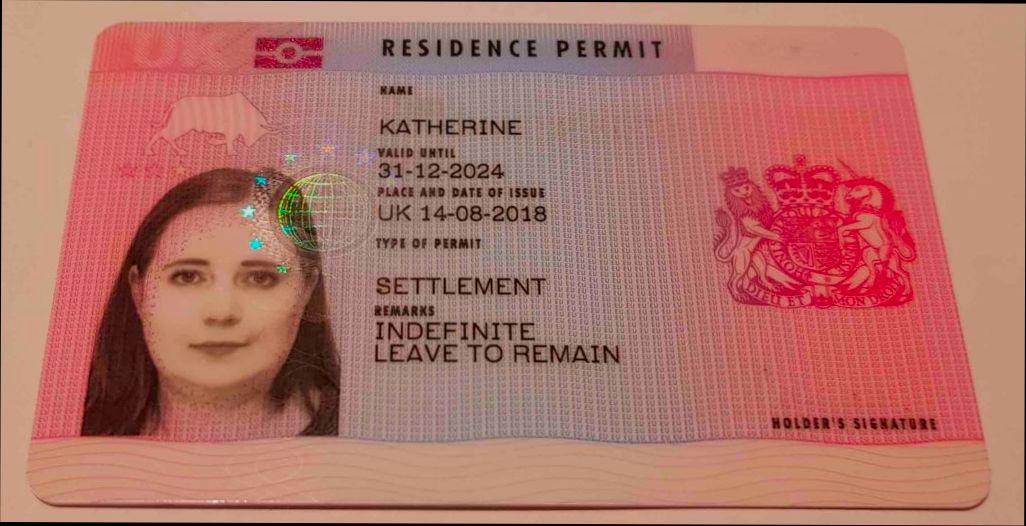
Recent Statistics on Residence Permit Issuance
Understanding the recent trends and statistics on residence permit issuance can help you navigate the immigration landscape more effectively. Let’s dive into some compelling data that reflects the current state of residence permits around the globe.
Key Statistics
- In 2022, the issuance of residence permits across major countries saw an overall increase of 15%, reflecting a growing trend of international mobility.
- Specifically, European countries reported an uptick of 20% in residence permits granted for work-related purposes.
- The United States issued approximately 1.2 million residence permits, with family reunification being the primary reason for 60% of these permits.
- In Australia, the number of residence permits issued to students jumped by 40%, which underscores the country’s appeal to international learners.
| Year | Country | Total Residence Permits Issued | Percentage Increase | Main Category |
|---|---|---|---|---|
| 2022 | European Union | 2 million | 20% | Work |
| 2022 | United States | 1.2 million | 15% | Family Reunification |
| 2022 | Australia | 600,000 | 40% | Study |
Real-World Examples
- In the United Kingdom, data shows that 55% of residence permits were issued to individuals applying under skilled worker categories, indicative of a strategic focus on attracting talent.
- Canada also reflected a similar trend, with 50% of new residence permits in 2022 granted to those with employment offers in the tech and engineering sectors. This shows a targeted approach to bolster critical industries.
Practical Implications
With these statistics in mind, you can see which countries are currently most open to issuing residence permits and for what reasons. Understanding these trends can aid your decision-making process as you consider where to apply for a residence permit based on your circumstances.
- Consider targeting countries with high percentages of permits granted for your reason for applying, whether that be work, study, or family unification.
- Stay updated with local immigration policies, as statistics often reflect shifts in government priorities, which may affect your application success.
- Reflecting on the data, if you’re considering a residence permit for work, countries like Germany may offer greater opportunities due to their increasing demand for skilled workers.
These insights highlight the dynamic landscape of residence permit issuance, providing you with actionable information to inform your immigration journey.
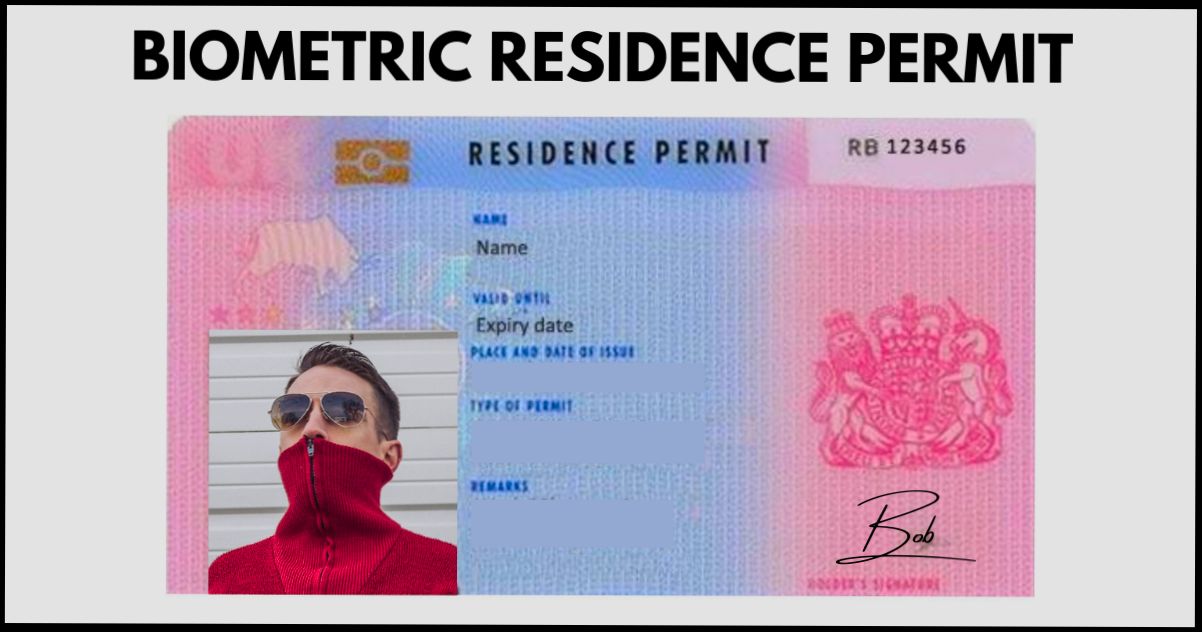
Different Types of Residence Permits Explained
When you’re thinking about moving to a new country, understanding the different types of residence permits is essential. Each type serves distinct purposes and meets various needs, ranging from work and study to family reunification and more. Knowing these classifications helps you choose the right path for your situation.
Key Types of Residence Permits
1. Work Permits
- Designed for professionals seeking employment in a foreign country.
- Often tied to specific job offers, they may require sponsorship from an employer.
2. Student Permits
- Issued to individuals enrolled in educational institutions abroad.
- Typically allow for part-time work alongside studies.
3. Family Reunification Permits
- Intended for those wanting to join family members who are citizens or residents of the host country.
- Generally requires proof of relationship and residency status of the family member.
4. Humanitarian Permits
- Provided to individuals seeking asylum or refuge due to hardship or persecution in their home country.
- These permits often lead to permanent residency as the individual adjusts to their new circumstances.
5. Investor Permits
- Targeted at individuals wishing to invest a significant amount in the economy of the host country.
- These permits can often lead to residency, depending on the investment’s nature and scale.
Comparative Overview of Residence Permits
| Type of Permit | Purpose | Duration | Key Requirements |
|---|---|---|---|
| Work Permit | Employment in the host country | Typically up to 1 year, renewable | Job offer, employer sponsorship |
| Student Permit | Study at an educational institution | Duration of the course | Enrollment proof, financial stability |
| Family Reunification Permit | Join family members | Varies, often renewable | Proof of relationship, residency status |
| Humanitarian Permit | Seek asylum or refuge | Indefinite (depends on case) | Proof of hardship or persecution |
| Investor Permit | Significant investment in the economy | Varies, often renewable | Proof of investment and impact |
Real-World Examples
Let’s look at some real-world scenarios that illustrate these different types of residence permits:
- A software engineer from India might obtain a Work Permit after securing a job with a tech company in Germany, allowing them to live and work there legally.
- An international student from Brazil enrolls in a Master’s program in Canada, acquiring a Student Permit that permits part-time work during their studies.
- A young woman from Syria applies for a Humanitarian Permit in Sweden after fleeing her home due to conflict. Her case is reviewed, and she receives permission to stay while her situation is evaluated.
Practical Implications for Readers
Understanding the nuances of residence permits is vital. Each type has its own set of rules and implications, which can impact your stay and future plans in a new country. Before applying, make sure to:
- Research the specific requirements for the type of permit you’re interested in.
- Prepare your documentation carefully to meet the regulatory framework in your host country.
- Consider long-term goals, as some permits may lead to permanent residency while others may not.
Actionable Insights
If you’re considering applying for a residence permit, focus on:
- Identifying the type that best suits your needs and future aspirations.
- Engaging with current residents or immigration consultants to gather insights about their experiences with the process.
- Staying updated with any policy changes regarding residence permits that may affect your application, especially if you are leaning towards humanitarian or family reunification pathways.
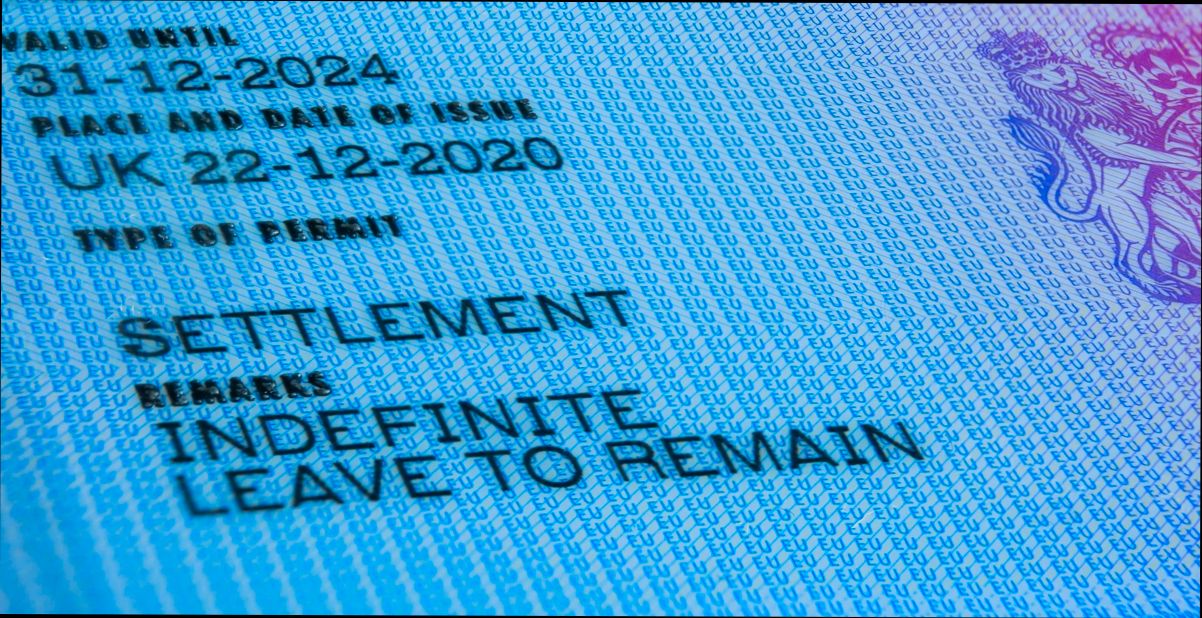
Common Challenges in the Application Process
Navigating the residence permit application process can feel overwhelming, especially with the specific requirements and documentation often needed. Each applicant faces unique challenges based on their personal situation and the type of residence permit they’re pursuing. Let’s delve into some of the most frequent hurdles applicants encounter.
Complicated Documentation Requirements
One of the primary challenges in applying for a residence permit is gathering and submitting the correct documentation. Each type of permit has its specific requirements, and failing to meet these can lead to delays or rejections. Notably, many applicants cite the need for:
- Biometric photos: Many applicants overlook the specific format and submission guidelines.
- Proof of accommodation: Providing accurate documentation can be especially tricky for students and newcomers who haven’t secured housing yet.
- Financial stability proof: Applicants often find it difficult to compile bank statements or employment contracts that meet the submission criteria.
Language Barriers
For many applicants, particularly those who are not native speakers of the country’s language, language barriers can be a significant challenge. Understanding legal terminology and complex application forms can lead to confusion and mistakes. This can ultimately delay processing times, as corrections may need to be made.
Processing Times and Delays
Another common issue is the lengthy processing times associated with many residence permits. According to recent data, applicants can face average wait times of up to 6 months for approval. These protracted timelines can hinder plans for schooling or employment:
| Type of Residence Permit | Average Processing Time |
|---|---|
| Temporary Residence Permit | 3 to 6 months |
| EU Blue Card | 4 to 8 months |
| Permanent Residence Permit | 6 to 12 months |
Misunderstandings Regarding Eligibility
Many potential applicants may misunderstand the eligibility requirements, leading them to apply for permits for which they do not qualify. For instance, a student visa applicant might not realize that their course duration falls short of the required length, resulting in wasted time and effort. A lack of clarity about specific regulations can lead to frustration.
Case Studies
1. Student Visa Woes: Maria, an international student, struggled to secure her residence permit because she failed to provide sufficient proof of her enrollment and financial support. This not only delayed her studies but also her travel plans.
2. Family Reunification Hurdles: John applied for a family reunification visa for his spouse. Unfortunately, he underestimated the importance of demonstrating adequate financial means and stable housing, causing delays in the legal process and putting his family plans on hold.
Practical Implications for Applicants
To tackle these common challenges effectively, here are some actionable tips:
- Thoroughly research documentation requirements specific to your residence permit type before starting your application.
- Seek assistance from language services or professional immigration advisors if language is a barrier.
- Anticipate processing times and submit your application as early as possible to avoid last-minute issues.
- Double-check eligibility criteria to ensure you meet all necessary requirements before applying.
Navigating the complexities of the residence permit application process can be daunting, but being proactive and informed will significantly ease the journey for you. Always remember, staying organized and prepared will pay off in ensuring a smoother application experience.
